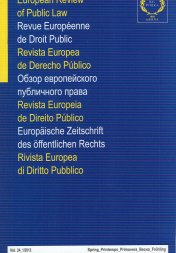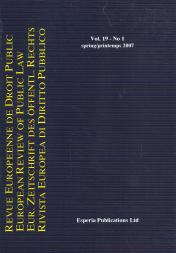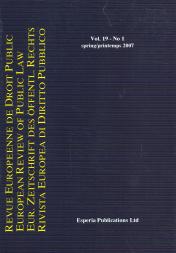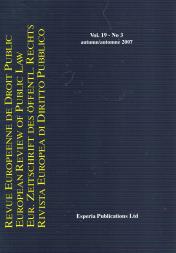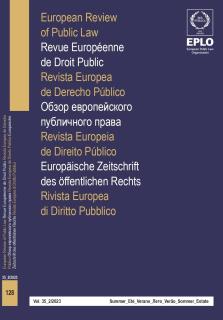
Constitutional Law / Droit constitutionnel
Georgia / Géorgie
Ani Imedashvili
Chief specialist at the National Bank of Georgia, money laundering inspection and supervision department;
Master of Law at the Caucasus University
Freedom of expression is not an absolute right, but it is one of the fundamental and important levers for the development of a democratic society. Although freedom of expression has scope for limitation, the state must be careful in applying these limits. The practice of the Constitutional Court of Georgia also shows that the right should be restricted based on the principle of proportionality, which should serve to achievea legitimate goal. States must understand that dividing thoughts into right and wrong opinions is not normal. If using the freedom of expression does not violate the rights of others, does not violatethe dignity of others, does not pose a threat to society and the state, restriction should not be allowed. The fact that states are developing and becoming more accepting of different opinions should be positively evaluated, therefore, over time, fewer cases of illegitimate restriction of expression of opinion are recorded. Also, society should understand that freedom of expression is not an absolute right and the content and form of its expression is very important. Accordingly, for the development of a democratic society, both the state and the citizens must take care and protect the content, form and scope of the freedom of expression.
La liberté d’expression n’est pas un droit absolu, mais l’un des leviers de base qui importentpour le développement d’une société démocratique. Bien qu’elle puisse être limitée, l’Etat doit être prudent dans la mise en œuvre de ces limites. La pratique de la Cour constitutionnelle géorgienne montre aussi que la restriction de ce droit doit respecter le principe de proportionnalité et servir à atteindre un objectif légitime. Les Etats doivent comprendre qu’il n’est pas normal de diviser les opinions en bonnes et mauvaises. Tant que l’usage de la liberté d’expression ne viole pas les droits d’autrui, ne porte pas atteinte à la dignité d’autrui et ne constitue pas une menace pour la société et l’Etat, aucune restriction ne devrait être autorisée. Le fait que les Etats se développent et acceptent de plus en plus la diversité d’opinions est à évaluer positivement, et au fil du temps, moins de cas de limitation illégitime de l’expression des opinions sont enregistrés. La société doit également comprendre que la liberté d’expression n’est pas un droit absolu et que le contenu et la forme de son expression sont très importants. Par conséquent, pour le développement d’une société démocratique, l’Etat et les citoyens doivent veiller à protéger le contenu, la forme et la portée de la liberté d’expression.














